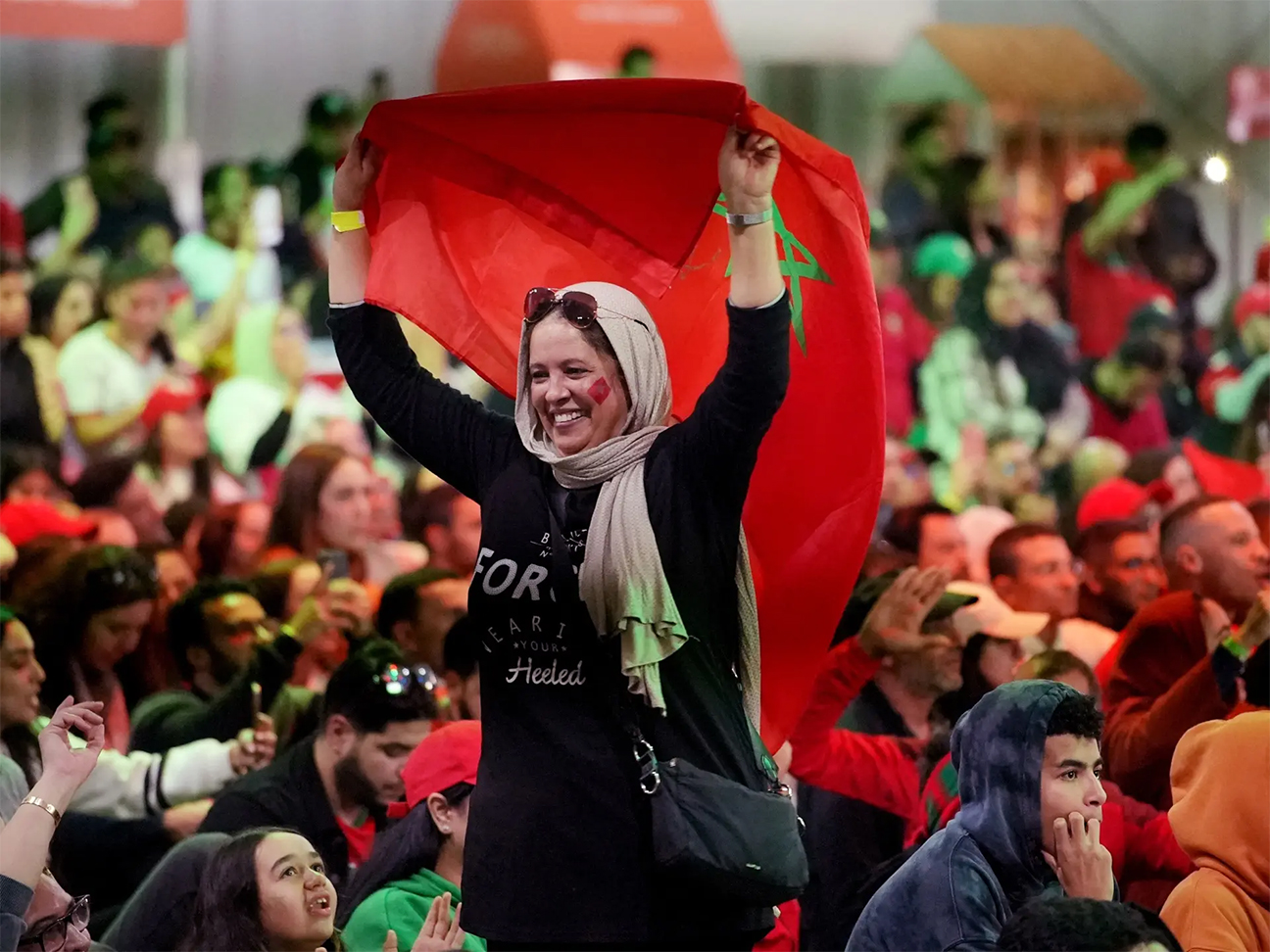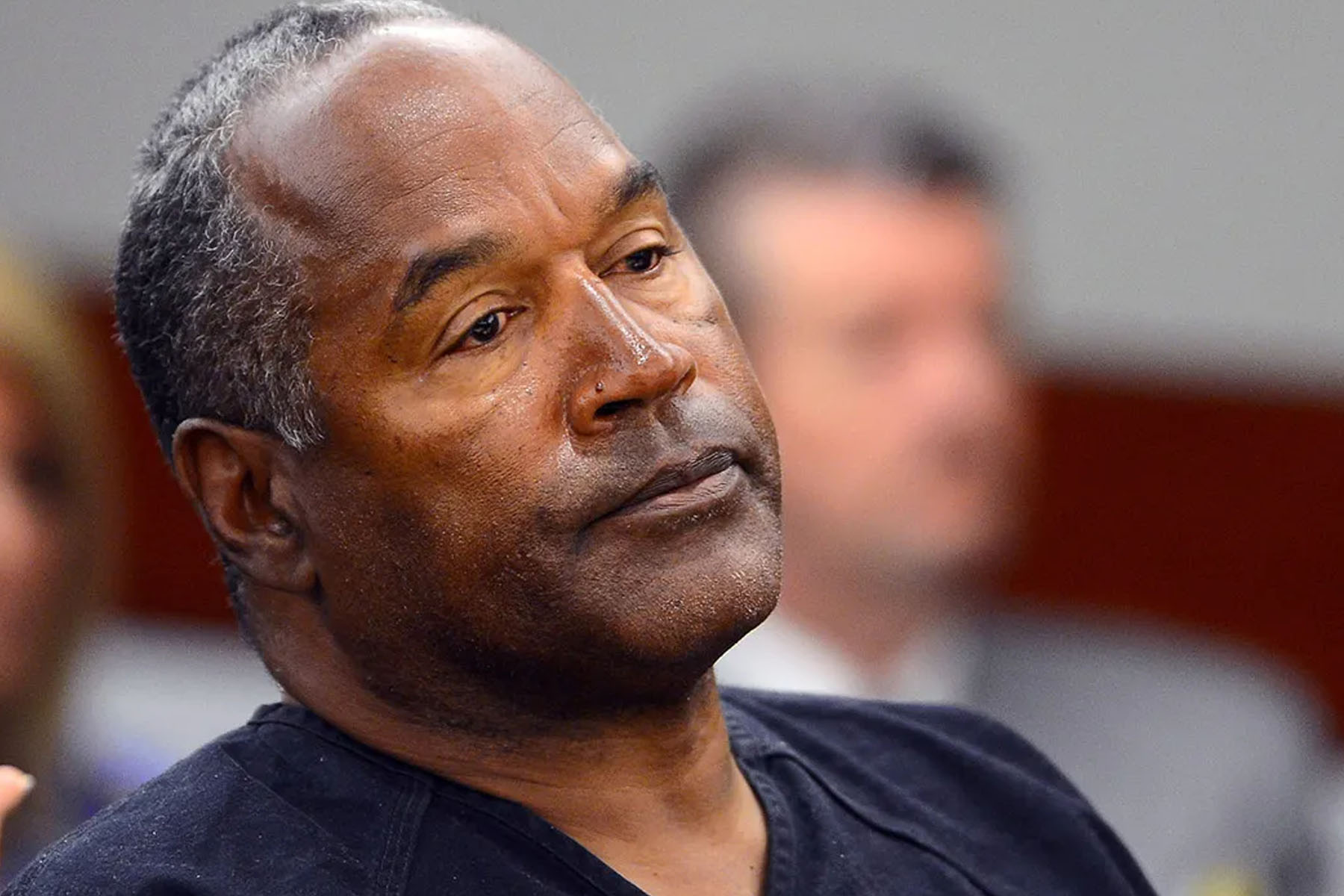News
Morocco’s World Cup streak brings a joyful Arab embrace

Lifestyle
Body of O.J. Simpson to be cremated this week; brain will not be studied for CTE

April 15 (UPI) — The body of O.J. Simpson, who died last week at the age of 76, is to be cremated, a lawyer representing the ex-football superstar’s estate said, adding his brain will not be donated for research.
Malcolm LaVergne, Simpson’s longtime attorney and executor, told the New York Post that his client’s body is to be cremated Tuesday in Las Vegas.
He said Simpson’s family also gave a “hard no” to scientists seeking to examine the former running back’s brain for chronic traumatic encephalopathy, which is better known as CTE.
CTE is a rare and little understood brain disorder that is likely caused by repeated blows to the head. According to the Mayo Clinic, CTE results in the death of nerve cells in the brain and the only way to definitively diagnose it is with an autopsy of the organ after death.
Memory and thinking problems, confusion, personality changes and erratic behavior, including aggression, depression and suicidal ideation, are among CTE’s symptoms, the Alzheimer’s Association said.
The disease has been found in those who play contact sports, including football and hockey.
LaVergne confirmed to NBC News on Sunday that at least one person has called seeking Simpson’s brain.
“His entire body, including his brain, will be cremated,” he said.
Simpson died Wednesday following a battle with cancer.
Known by the nickname “The Juice,” Simpson was a NFL superstar during the 1970s, which made him a household name that propelled him into film and television during the next decade.
But his stardom would come crashing down in the mid-1990s when he was accused of killing his ex-wife Nicole Brown Simpson and her friend Ron Goldman.
His high-profile trial lasted months, but ended with his acquittal.
In 2008, he was found guilty on a dozen charges, including kidnapping and armed robbery, and was paroled in 2017 after serving nine years of his 33-year sentence.
Africa
Donors raise more than 2 billion euros for Sudan aid a year into war

Africa
SA users of Starlink will be cut off at the end of the month

Starlink users in South Africa are facing a major setback as the satellite internet service provider has issued a warning that their services will be terminated by the end of the month.
In an email sent to many South African users, Starlink stated that their internet access will cease on April 30 due to violation of its terms and conditions.
The email emphasized that using Starlink kits outside of designated areas, as indicated on the Starlink Availability Map, is against their terms. Consequently, users will only be able to access their Starlink account for updates after the termination.
Starlink, a company owned by Elon Musk’s SpaceX, operates a fleet of low earth orbit satellites that offer high-speed internet globally. Despite its potential to revolutionize connectivity, Starlink has been unable to obtain a license to operate in South Africa from the Independent Communications Authority of South Africa (Icasa).
Icasa’s requirements mandate that any applicant must have 30% ownership from historically disadvantaged groups to be considered for a license. However, many in South Africa resorted to creative methods to access Starlink services, including purchasing roaming packages from countries where Starlink is licensed.
However, Icasa clarified in a government gazette last November that using Starlink in this manner is illegal. Additionally, Starlink itself stated in the recent email to users that the ‘Mobile – Regional’ plans are meant for temporary travel and transit, not permanent use in a location. Continuous use of these plans outside the country where service was ordered will result in service restriction.
Starlink advised those interested in making its services available in their region to contact local authorities.
-

 Column13 hours ago
Column13 hours agoNavigating Bias and Ethics in AI-Powered Cybersecurity: The BRACE Framework Approach
-

 News3 weeks ago
News3 weeks agoSenator Cory Booker Leads a Congressional Delegation to Nigeria
-

 Education2 days ago
Education2 days ago11 Communication Students Awarded Scholarships at TSU’s Commweek
-

 News2 days ago
News2 days agoTrump trial update: Trump rebuked by judge for speaking during jury selection — and 7 jurors are seated
-

 Lifestyle2 days ago
Lifestyle2 days agoBody of O.J. Simpson to be cremated this week; brain will not be studied for CTE
-

 Africa2 days ago
Africa2 days agoDonors raise more than 2 billion euros for Sudan aid a year into war
-

 News2 days ago
News2 days agoNigeria: chibok abduction anniversary spurs demands for justice
-

 News2 days ago
News2 days agoNigeria suspends permit of 3 private jet operators










